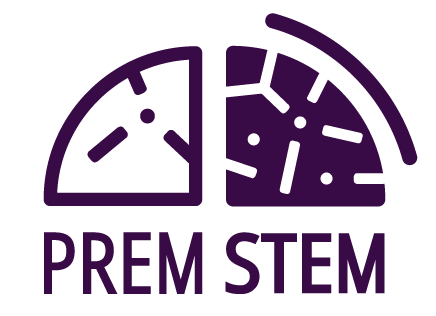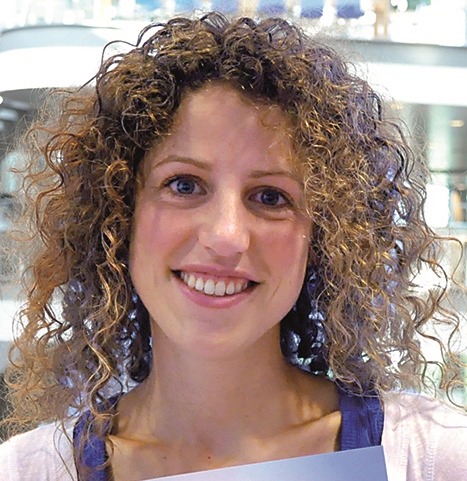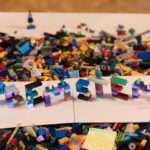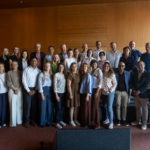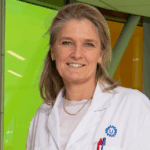What is your area of research specialism and what attracted you to it?
My long-term research focuses on developing novel therapeutic strategies for improving neurodevelopmental outcomes in infants with perinatal brain injury. In particular, I am interested in nutritional and stem cell-based therapies, with the common aim of enhancing regeneration of the brain after injury. The potential lifelong improvements in quality of life that may be achieved through these treatments highly motivate me to focus my research on perinatal brain injury.
What has been your proudest research accomplishment so far?
Together with my mentor, Doctor Cora Nijboer, I developed a promising novel cell culture protocol to enhance the efficacy of stem cell-based therapy for perinatal brain injury. This cell culture protocol will also be used in the PREMSTEM project to further boost regeneration of the injured perinatal brain.
What is the most important question you want to address in your research?
For future therapy of infants with perinatal brain injury, I envision a combination of effective therapies to be most promising for the improvement of neurodevelopment outcomes. In my research, I aim to use nutritional elements to support the regenerative potential of stem cell-based therapies.
What is your lab’s role on the PREMSTEM project?
We are testing the effects of our stem cell therapy in two different rodent models of preterm birth-related brain injury. The first model mimics two frequently observed complications in preterm infants: infections during pregnancy followed by oxygen deprivation due to immature lungs. The second model mimics pre-eclampsia, an important cause inducing preterm birth. Using several different models of preterm birth-related brain injury, we aim to identify the preterm infants that may benefit from stem cell-based therapy to improve neurodevelopmental outcomes.
What is innovative about PREMSTEM? Why is this research important?
Researchers from all over the world have united with the collaborative aim to develop a stem cell-based treatment for brain injury in preterm infants. Thus far, there is no treatment for brain injury in preterm infants although one out of ten babies are born preterm and many will suffer some neurodevelopmental delay or impairment. Stem cell-based therapies are promising, but research has used different types of cells and different treatment regimens. The PREMSTEM project is innovative as it offers the chance to find a novel therapy to regenerate the injured preterm brain and thus improve the lives of babies born too early.
What is the most significant outcome you hope PREMSTEM can achieve?
The PREMSTEM project offers the opportunity to develop a new therapy for preterm-born babies that suffer from brain injury. I hope PREMSTEM will contribute to an improved quality of life for preterm-born infants and their families, and give them better prospects to participate in society.
